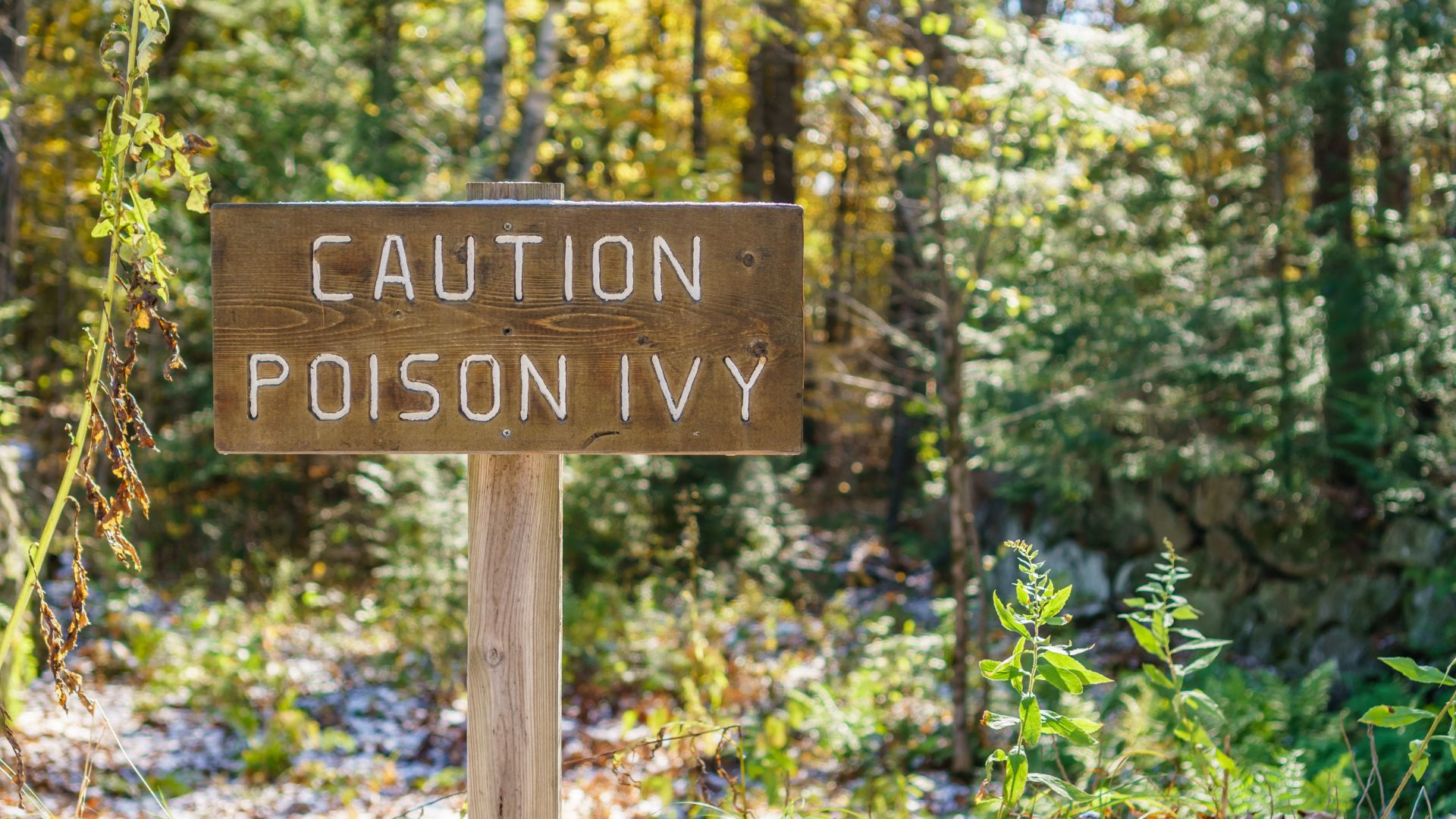
Many plants are often used for medicinal, nutritional, or ornamental purposes. Plants can add beauty and color to your garden or home. However, not all plants come with such positive associations; some plants can be poisonous to your family and pets. There are numerous poisonous plant species found throughout the world that can cause serious harm upon contact or ingestion. It’s important to know which plants are safe and which ones to avoid to keep your loved ones healthy and safe when gardening, especially when children are around.
Eating or Touching A Poisonous Plant
Some plants have toxic substances that can cause harm if they are eaten or if the skin touches them. Eating or touching a poisonous plant can be very dangerous for children.
If a child accidentally eats a poisonous plant, it’s essential to get help from a doctor immediately. If your child is choking, unconscious, or having trouble breathing or swallowing, call 911 directly.
Suppose your child seems okay and is not showing any immediate signs of distress. In that case, you can follow these steps:
- Check their mouth for any pieces of the plant and take them out if you can see any.
- Give them small sips of water.
- Don’t try to make them throw up.
- Call your local poison information center for further guidance.
If your child touches a poisonous plant, it can cause a skin problem called contact dermatitis. This can make the skin red, itchy, and swollen and even make blisters or a rash. It’s essential to wash the area with soap and water immediately to eliminate plant sap and reduce the chance of more irritation. Using lotion or medicine that helps with itching can also help, but if the reaction is bad or doesn’t go away, it’s best to ask a doctor for advice. (AboutKidsHealth)
Poisonous Plants in Texas
Here are the ten most poisonous plants in Texas:
Oleander (Nerium oleander): A popular landscaping shrub with beautiful flowers, but all parts of the plant are highly toxic if ingested.
Western Water Hemlock (Cicuta douglasii): One of the most poisonous plants in North America, especially its roots, and it can be deadly if consumed.
Poison Ivy (Toxicodendron radicans): Known for causing an itchy rash when its sap comes into contact with the skin. “Leaves of three, let them be.”
Texas Mountain Laurel (Sophora secundiflora): The seeds of this fragrant flowering shrub contain a toxin that can be harmful if ingested.
Death Camas (Zigadenus spp.): A plant with lily-like flowers that grows in wet areas, and its bulbs are highly poisonous.
Nightshade (Solanum spp.): Various species of nightshade plants can be found in Texas, and their berries can be toxic if ingested.
Devil’s Breath (Datura spp.): Also known as jimsonweed or moonflower, this plant contains toxic alkaloids and can be dangerous if consumed.
Carolina Jessamine (Gelsemium sempervirens): While attractive, all parts of this vine, including its flowers, are toxic if ingested.
Yew (Taxus spp.): Some species of yew trees, commonly found in landscaping, contain poisonous compounds, especially their seeds.
Pokeweed (Phytolacca americana): The berries, roots, and leaves of this plant are toxic if consumed, although some parts have culinary uses when appropriately prepared. (Baker)
When in Doubt, Call a Poison Control
In case of a plant poisoning emergency in Texas, it is recommended to contact Poison Control immediately for expert guidance and assistance. When contacting Poison Control, be prepared to provide them with relevant information such as the plant’s name (if known), a description of the symptoms, and any necessary details about the person affected, such as age and weight. The experts at Poison Control will provide immediate advice on what steps to take. They can help determine if further medical attention is necessary. (Poison Control)
Remember, in situations with a severe reaction, difficulty breathing, loss of consciousness, or any life-threatening symptoms. It is crucial to call 911 or seek emergency medical assistance immediately.
Works Cited
Poison Control. “Suspect a Poisoning? Get Expert Help. Use the Webpoisoncontrol Online Tool, or Call. Both Optio.” Poison Control, www.poison.org/.
Baker, Lev. “Don’t Touch These 10 Dangerous Plants That Grow in Texas.” AZ Animals, 16 Apr. 2023, a-z-animals.com/blog/dont-touch-these-dangerous-plants-that-grow-in-texas/.
AboutKidsHealth. AboutKidsHealth, www.aboutkidshealth.ca/article?contentid=1956&language=english.





